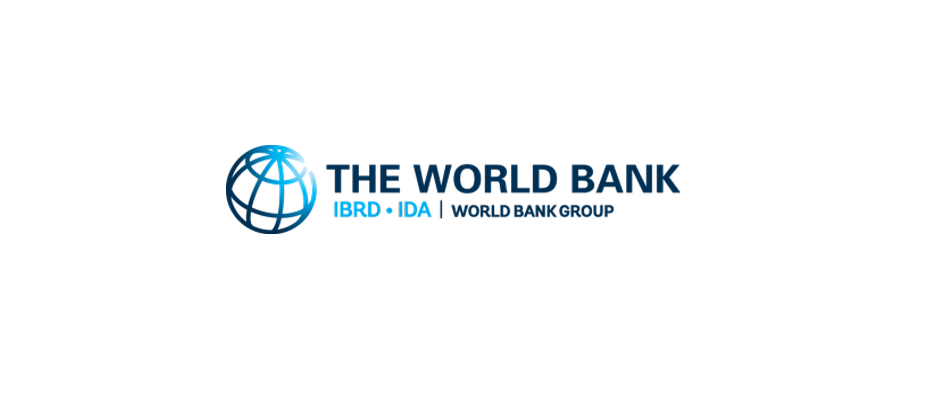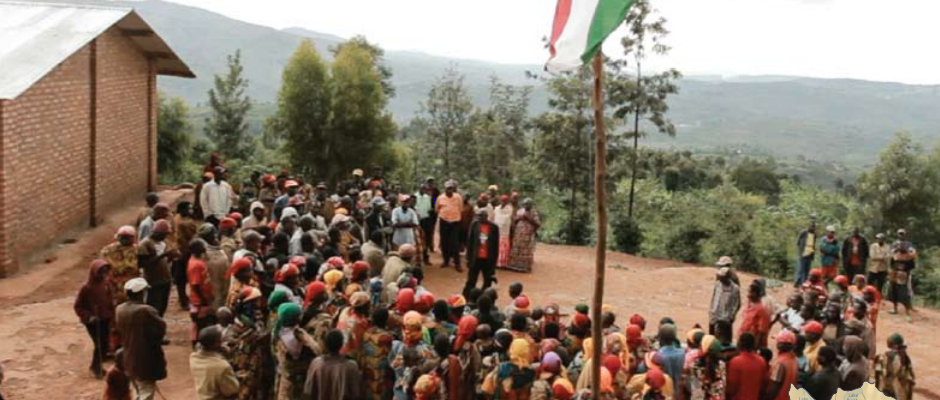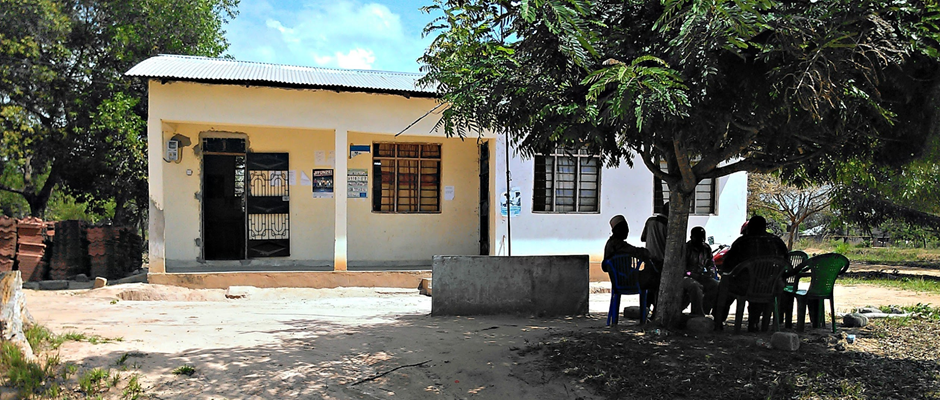
One of the arguments made in support of decentralization is that by involving local governments, decentralized programs may be better able to target the beneficiaries for pro-poor government programs.
A recent World Bank Working Paper contributes to the long-standing debate on the merits of decentralized beneficiary targeting in the administration of development programs, focusing on the large-scale Malawi Farm Input Subsidy Program. Nationally-representative household survey data are used to systematically analyze the decentralized targeting performance of the program during the 2009-2010 agricultural season. This approach identifies the relative contributions of targeting at each level.
The results show that the Farm Input Subsidy Program is not poverty targeted and that the national government, districts, and communities are nearly uniform in their failure to target the poor, with any minimal targeting (or mis-targeting) overwhelmingly materializing at the community level. Multivariate analysis of household program participation further reveals that the relatively well-off and the locally well-connected (rather than the poor or the wealthiest) have a higher likelihood of program participation and, on average, receive a greater number of input coupons. Since a key objective of the farm subsidy program is to increase food security and income among resource-poor farmers, the authors conclude that the lack of targeting is a substantial policy concern.
Although a more decentralized public sector is correlated with greater government effectiveness and the presence of objective formula-based grants is an important component of a stable, equitable and efficient system of intergovernmental fiscal relations, the targeting of development programs and grants does not always follow the stated policy objective. In fact, the political economy of decentralization should not be ignored.
Because the design of development programs and intergovernmental grant mechanisms is often driven by the same interests or forces that ultimately drive the allocation of financial resources, both centralized as well as decentralized funding mechanism are subject to political capture. An international comparison of empirical incidence studies (Boex and Martinez-Vazquez, 2005) reveals that besides local expenditure needs and local fiscal capacity, political influence (as well as a jurisdiction’s population size) consistently plays an important role in determining the horizontal allocation of subnational resource allocations. In this light, the fact that the aforementioned study finds political influence over farm subsidy allocations in Malawi should not come as a major surprise.
Kilic, Talip; Whitney, Edward; Winters, Paul. 2013. Decentralized beneficiary targeting in large-scale development programs : insights from the Malawi farm input subsidy program. Policy Research working paper ; no. WPS 6713. Washington, DC: World Bank Group.



